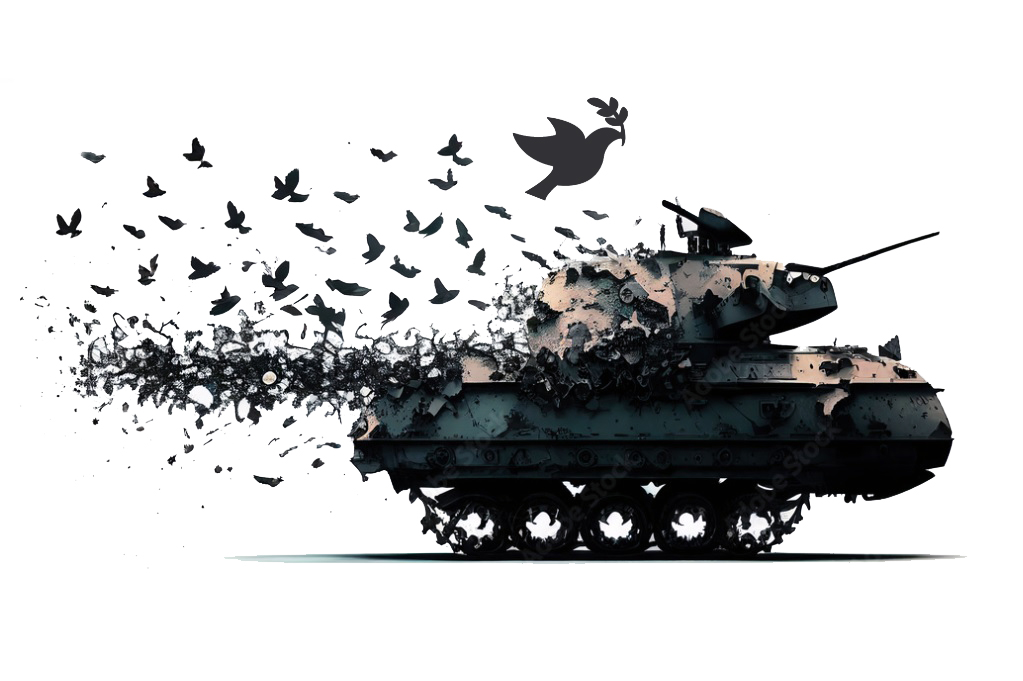
Ending the War: The Main Focus of Civil Forces Activities in the Next Two Weeks
moatinoon
The civil forces in Sudan continue to explore effective ways to stop the war in Sudan, which broke out on April 15, between the armed forces and the Rapid Support Forces.
The civil forces have intensified their efforts and activities amid the slow pace of regional and international initiatives to stop the war, the complexities of the political and security scene, the delay in what both warring parties have called the military decision, and the exacerbation of humanitarian crises in Sudan. The latest of these is the health crisis and the spread of epidemics in various regions of Sudan, and the scarcity of food commodities that threaten more than twenty million citizens with famine and food shortages, according to the latest statements from United Nations agencies working in Sudan.
Since their expanded meeting last July, in Cairo and later in Addis Ababa, which aimed to put forward a vision to end the war in Sudan between the Sudanese army and the Rapid Support Forces, the Central Council of the Forces of Freedom and Change has been working to formulate a formula to unite the Sudanese political forces to stop the war and restore the democratic transition.
In the same vein, the Democratic Bloc, in both Asmara and Juba, issued political declarations to stop the war and form an emergency government. On the other hand, the revolutionary forces and the resistance committees that make up the Charter of the Authority of the People presented a different political vision last week.
All this movement, which began after more than two months of the outbreak of the Khartoum, Kordofan, and Darfur wars, remained hostage to sharp political polarization, which was one of the most important reasons for the failure of the first and second transitional governments, and even the coup by the army and the Rapid Support Forces against the civilian transition in October 2021.
The Sudanese civil forces are back on the scene, as the second half of October witnesses extensive political activity. The Forces of Freedom and Change - the Democratic Bloc - and its allies are holding meetings in Cairo at the invitation of the European Union and the African Union. Juba, the capital of South Sudan, is hosting a meeting of the signatories to the Juba Peace Agreement in the last week of October. The Forces of Freedom and Change - the Central Council - and its allies are holding a consultative meeting in the Ethiopian capital, Addis Ababa. The agenda of this movement aims to end the war.
However, the question remains: can civil action contribute to stopping the war? At a time when political action faces major challenges amid this war that threatens the geography of the nation and its continuation as a state.
Some political analysts say that the unification of civil forces in Sudan must proceed towards a broader framework, which is the establishment of the state. This is not related to the stale talk about the state of 56, but there is a real need to address key issues that are not limited to resisting totalitarianism but also address the issue of social cohesion and national construction after the war and what surrounds it.
There is also an urgent need to address reconstruction and humanitarian work, and the transition from collapse to development. They stressed that rebuilding the state must be on solid foundations, and this requires a clear and detailed perception of the issue of structural reform of military and security institutions, which is a political and national issue in the first place, with its technical aspects that military personnel participate in. Meaning that the issue of the army, its status, and its tasks is a political issue in the first place, and is not related to the generals, and it is an issue that must be resolved within the framework of a unified army that does not spawn militias under any claims or justifications.
So, according to Sudanese politicians, the civil role is required and important, before and after stopping the war, and it is represented in uniting Sudanese on issues of a modern national state instead of falling into the trap of divisive and partitioning speeches. The war has divided Sudanese, and the project to stop the war can be a project to reunite them on national issues in parallel with uniting them in one organizational framework.

